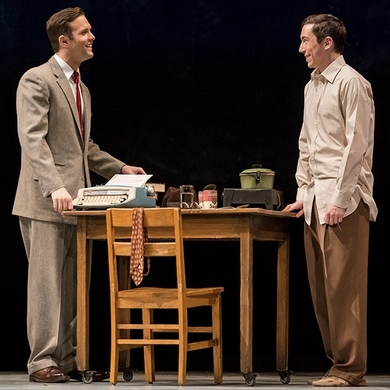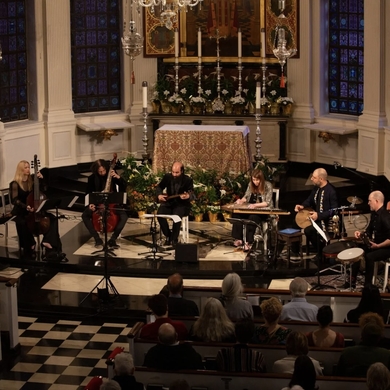In Act One of Verdi’s original five-act Don Carlos, the eponymous Spanish prince and the French princess Elisabeth meet, fall in love, and are torn apart. But for much of its stage history, impresarios have preferred a shorter four-act edition, which tosses the first act in its entirety. In 1979, the Metropolitan Opera took up the five-act edition. Last season’s new production, by David McVicar, respected the precedent, but was sung, for the first time at the Met, in the original French. This season, we’re back to a four-act Don Carlo (no s!) in Italian. Is the sky falling? Not really. Each version has its pros and cons. There’s unequivocally good news in the casting. The Black American tenor Russell Thomas, who has been knocking off one plum Verdi part after another in great style, is the melancholy Infante. The Italian soprano Eleonora Buratto, whose plush sound and ample phrasing have reminded some of Renata (“Voice of an Angel”) Tebaldi, sings his inamorata (followed by Angela Meade starting November 23). The flamboyant Georgian mezzo-soprano Anita Rachvelishvili takes on the troublemaking Princess Eboli, a part she was born to sing. The Swedish baritone Peter Mattei is the idealistic Rodrigo, drawn against his will into a political maelstrom he can’t handle. And finally, potentially the greatest of them all, there’s the German Austrian basso Günther Groissböck, a singer actor of the highest caliber, as Philip II, a titan crushed by the weight of the world. —Matthew Gurewitsch


